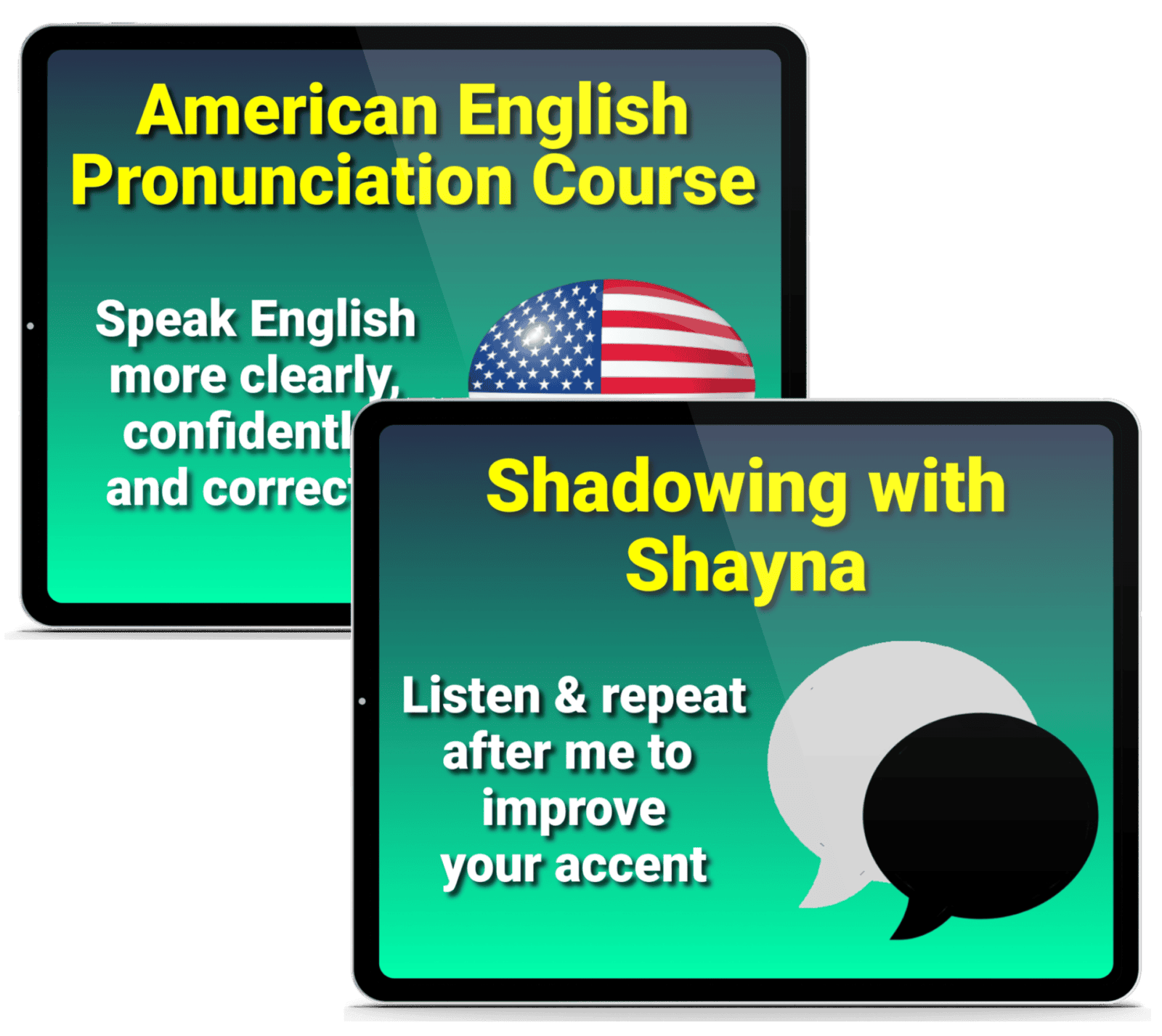
In today’s lesson we’re going to practice our pronunciation a bit and also learn when to use the words proof and prove, belief and believe.
These pairs of words are different by only one sound – the F sound and the V sound. We make these by using the same mouth position, with the top teeth touching the bottom lip. The only difference is that for the F sound we only blow air, and for the V sound we use our voice.
So first let’s practice pronouncing each word – listen and repeat after me:
proof
prove
Now say both: proof – prove
belief
believe
Now say both: belief – believe
In my American English Pronunciation Course, we do a LOT of practice with similar sounds like these, which non-native English speakers often mispronounce. The course will help you speak English more clearly and confidently.
OK, so we know the pronunciation difference between proof/prove, belief/believe, but when do we use each one?
Proof and belief are nouns, and prove and believe are verbs. Let’s look at some examples:
Prove – Verb
The verb prove is the action of showing with certainty that something is true.
- The fingerprints proved that he had been at the scene of the crime.
- Hopefully the results of this experiment will prove that the new medicine is safe.
- My physics class is proving to be more difficult than I expected.
Proof – noun
The noun proof refers to an object or fact that demonstrates that something is true.
- There wasn’t enough proof to convict him of the crime.
- To board the airplane, you need to show proof of your identity.
- This picture of her at the park is proof that she wasn’t at school that day.

Believe – Verb
The verb believe is the action of thinking something is true or real:
- I believe that climate change is the biggest danger facing humanity.
- He claimed he loved her, but she didn’t believe him.
- This statue is believed to be sacred by followers of this religion.
Belief – Noun
The noun belief is the fact/thought/idea that we accept as true:
- My cousin and I have very different political beliefs.
- Her belief in God gives her strength during hard times.
- Contrary to popular belief, it’s perfectly fine to go swimming right after eating.

Got it? If you want to take it to the next level, try to use each one of these words in your own sentence. And make sure to check out my pronunciation course, where we get really detailed in practicing all the different sounds in the English language – and you even get an evaluation of your pronunciation when you finish the course!










